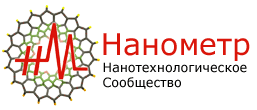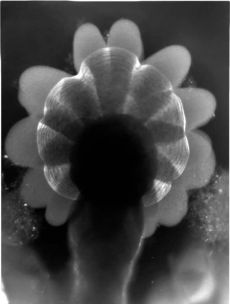Nanopaprika проводит 3-ю международную виртуальную конференцию "Нанопостер 2013"
NANOPOSTER 2013 is the best, easiest and cheapest way to find new partners, students, supervisors. No travel, accommodation costs, no time outside of your research lab.
Use all the tools of the Internet to introduce your laboratory, research group.
The heat is on for an online social networking community for nanoscientists. The Internet Nanoscience Community, TINC, was created by Hungarian chemistry PhD student Andras Paszternak in 2007. It now provides a rich menu of communication tools for the international community of scientists working in the growing field of nanoscience and nanotechnology and recently passed the 6400 members mark.
The virtual nano community is fully equipped with all the functions one expects from a modern online networking site: personal chat, a scientific forum, more than 90 thematic groups, including microscopy, nanomedicine, and even a discussion forum on safety and toxicity. "The main idea was to create something more personal than the other nano networks already on the Internet," says Paszternak. "I started off editing the existing nano website at my institution in Hungary but realized the site could be so much bigger, spreading like a tree and connecting nano scientists across the globe," he adds. "Registering the web address www.Nanopaprika.eu for TINC was my little joke adding Hungary's favourite spice to the nano community.
No registration fees
Registration information:
Deadlines
Abstract: 15th August 2013
Poster sending: 1st September 2013
Send your abstract (in .doc or .docx format) until 15th August 2013 and your poster (in .pdf format) until 1st September 2013 to editor@nanopaprika.eu
Abstract template:NANOPOSTER 2013 - abstract.docThe Internet Nanoscience Community has pulled together a community with more than 6400 members, researchers, students, industrial partners from Europe, India, the USA, and 80 other countries. TINC is open to everyone from post-doctorial researchers and professors to students everywhere. "There is only one important assumption: you have to be interested in nano!" adds Paszternak.

